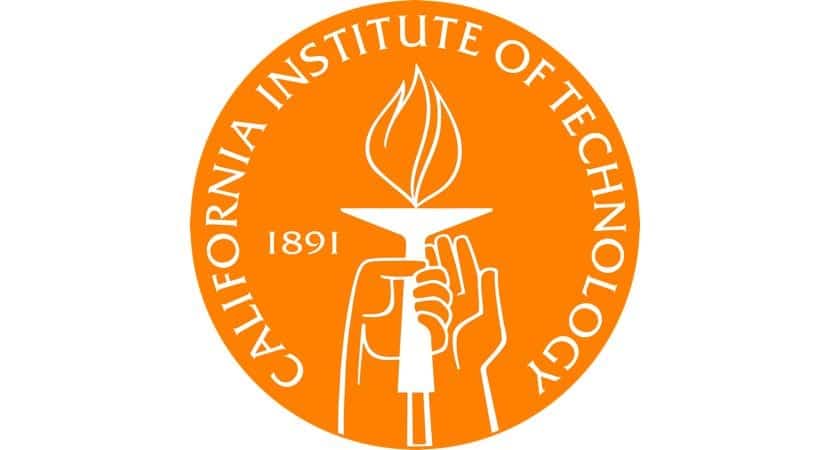
Following the launch of the first iPhone, Apple put in place the legal machinery to prevent any company from making use of the different patents it had registered previously when trying to launch devices that could stand up to the iPhone. The company fought Samsung hard in various lawsuits, many of which it won by forcing the rival company to pay a large amount of millions of dollars in compensation. But it seems that in recent years that has completely changed, since it is Apple who does not stop receiving complaints for the use of previously registered patents without having gone through the box.

Leaving aside the Patent Trolls, companies that are dedicated to denouncing demanding the disappearance of some of Apple's best-known functions such as FaceTime or iMessage, complaints that have forced the company to pay more than 500 million dollars to this type of company, companies that have never had in mind to commercialize the patents they have in their possession.
But this time who has denounced the company is the California Institute of Technology, better known as Caltech. As reported by MacRumors, Caltech registered several patents between 2006 and 2012 related to IRA / LDPC codes. These codes improve performance and overall data rates. This same technology is currently implemented within the 802.11n and 802.11ac Wi-Fi standards which are used by many of the Cupertino-based company's products.
The complaint against Apple was filed in the United States District Court in California. According to Caltech, Apple products including the iPhone, iPad and Mac use IRA / LDPC encoders and decoders. thus infringing four patents previously registered by the California Institute of Technology.